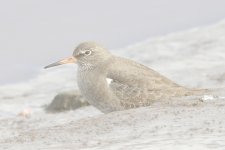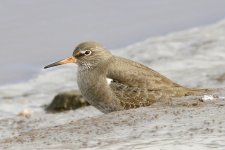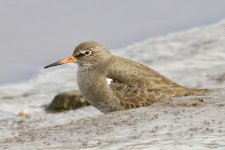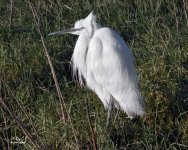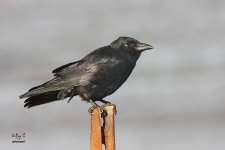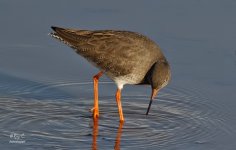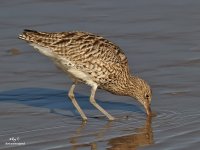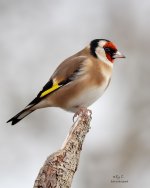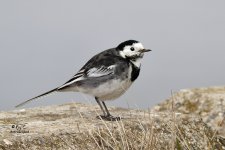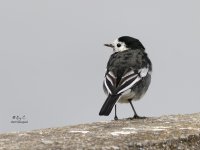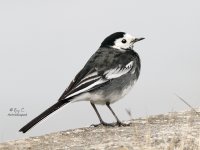Roy C
Occasional bird snapper
This is just an average snap that I took recently but is a good example of the lack of contrast you can get 'straight out of the Camera' with the SW80ED (at least with my set-up). This is a good example as the black point is way out but for any novice's who may be disillusioned by this pic #2 shows what can be done by just a 20 second correction of the levels.
I am not quite sure why some pics are worst than others with regards to the lack of contrast (probably a bit more severe when using a tc) . also not sure what causes this in the beginning but either way it is easy enough to correct although I suspect this must cause some loss of the dynamic range.
What are other folks take on this?
7D + 1.4x tc + SW80ED
Pic 1 : Straight out of camera (just converted from RAW and resized for web)
Pic 2 : Levels corrected (especially the black point - takes less than a minute)
Pic 3 : The finished shot with a bit of processing (this is just a quick and cheerful edit!)
I am not quite sure why some pics are worst than others with regards to the lack of contrast (probably a bit more severe when using a tc) . also not sure what causes this in the beginning but either way it is easy enough to correct although I suspect this must cause some loss of the dynamic range.
What are other folks take on this?
7D + 1.4x tc + SW80ED
Pic 1 : Straight out of camera (just converted from RAW and resized for web)
Pic 2 : Levels corrected (especially the black point - takes less than a minute)
Pic 3 : The finished shot with a bit of processing (this is just a quick and cheerful edit!)




